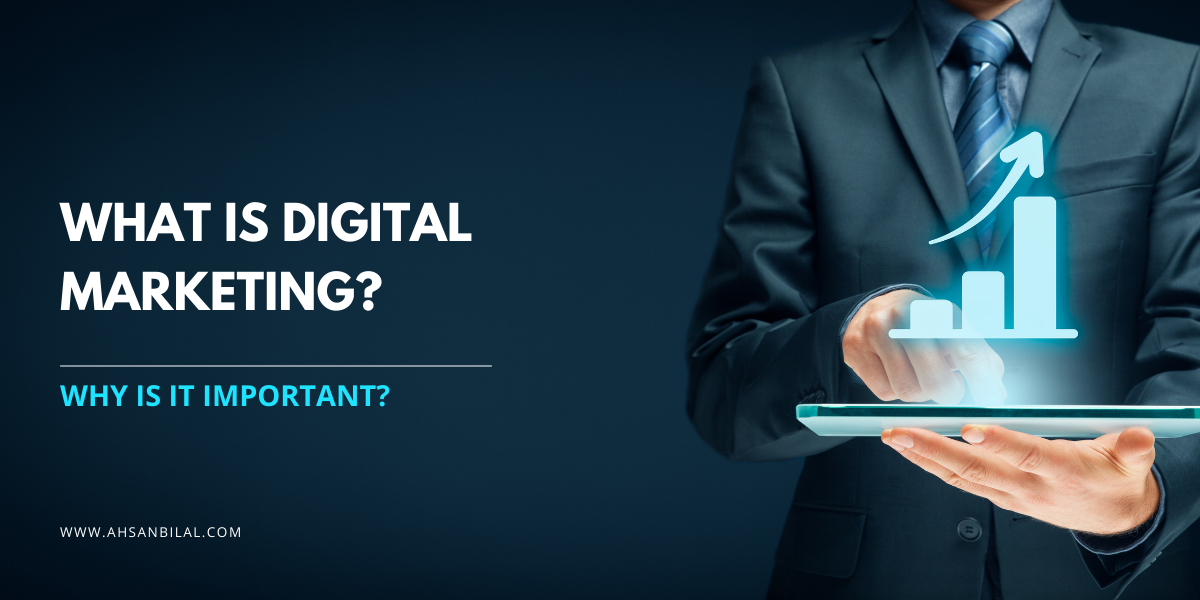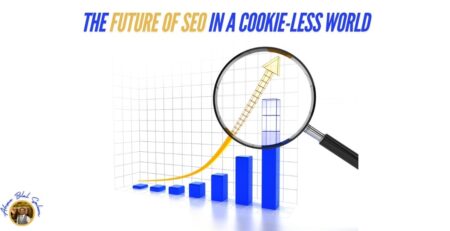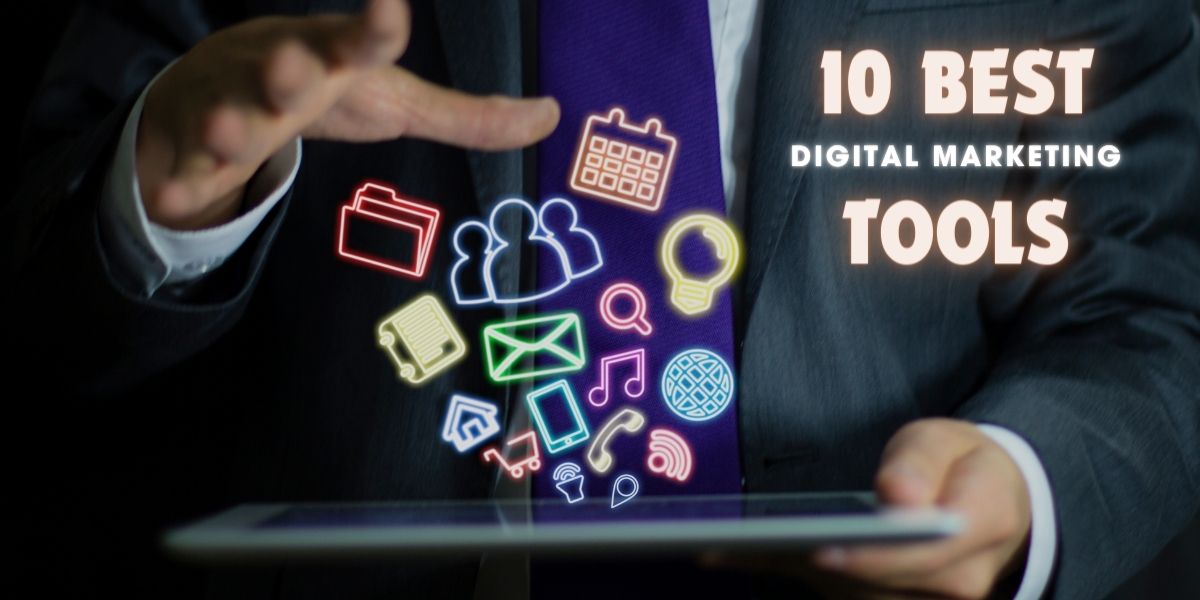Understanding The Basics: What Is Digital Marketing And Why Is It Important?
In today’s fast-paced digital world, the concept of marketing has undergone a significant transformation. Traditional methods of advertising and promotion have taken a backseat as businesses increasingly turn to digital channels to reach their target audiences. But what exactly is digital marketing, and why is it so crucial in today’s landscape?
Defining Digital Marketing
Digital marketing includes all advertising initiatives that make use of electronic tools and the net to connect with consumers and advertise products or services. Unlike traditional marketing, which relies on print advertisements, television commercials, or direct mail, digital marketing leverages online platforms such as websites, social media, email, search engines, and mobile apps to engage with consumers.
Key Components Of Digital Marketing
Website Marketing: A well-designed website serves as the cornerstone of digital marketing efforts. It acts as a virtual storefront, providing information about products or services, engaging content, and a seamless user experience.
Search Engine Optimization (SEO): SEO is the procedure of enhancing a website to rate higher in online search engine results web pages (SERPs) for pertinent search phrases. By improving visibility in search engines like Google, businesses can attract organic traffic and enhance their online presence.
Content Marketing: Content marketing includes producing and dispersing valuable, appropriate material to draw in and keep a target audience. This content can take various forms, including blog posts, videos, infographics, and eBooks, and it aims to educate, entertain, or inspire potential customers.
Social Media Marketing: Social media platforms like Facebook, Instagram, Twitter, and LinkedIn offer opportunities for businesses to connect with their audience, build brand awareness, and drive engagement. Social media marketing involves creating and sharing content, running advertisements, and interacting with followers to foster relationships and loyalty.
Email Marketing: Email remains one of the most effective digital marketing channels for nurturing leads and converting prospects into customers. Through personalized emails, businesses can deliver targeted messages, promotions, and updates directly to subscribers’ inboxes.
Pay-Per-Click (PPC) Advertising: PPC marketing permits companies to bid for ad positioning on search engines and other electronic platforms. Advertisers only pay when a user clicks on their ad, making it a cost-effective way to drive traffic and conversions.
The Importance Of Digital Marketing
Wide Reach: It enables businesses to reach a global audience regardless of geographical limitations. With the internet being accessible worldwide, brands can connect with potential customers anywhere, anytime.
Targeted Advertising: Unlike traditional marketing methods, digital marketing allows for precise targeting of specific demographics, interests, and behaviors. This targeted approach ensures that marketing efforts are directed towards the most relevant audience, increasing the likelihood of conversions.
Measurable Results: It uses robust analytics devices that supply real-time data on project performance. From website traffic and engagement metrics to conversion rates and return on investment (ROI), businesses can track and measure the effectiveness of their marketing efforts with unparalleled accuracy.
Cost-Effectiveness: Compared to traditional advertising channels like print or television, digital marketing often requires lower upfront costs and offers better ROI. With options like social media advertising and email marketing, businesses can reach thousands of potential customers at a fraction of the cost.
Enhanced Customer Engagement: It fosters direct communication and interaction between businesses and consumers. Whether through social media conversations, email inquiries, or personalized content, brands can engage with their audience in meaningful ways, building trust and loyalty over time.
Conclusion
Digital marketing has ended up being a crucial device for companies seeking to thrive in today’s competitive industry. By leveraging the power of digital channels, businesses can expand their reach, target their audience with precision, measure their results accurately, and ultimately drive growth and success. Embracing digital marketing is not just a choice but a necessity for staying relevant and competitive in the digital age.










